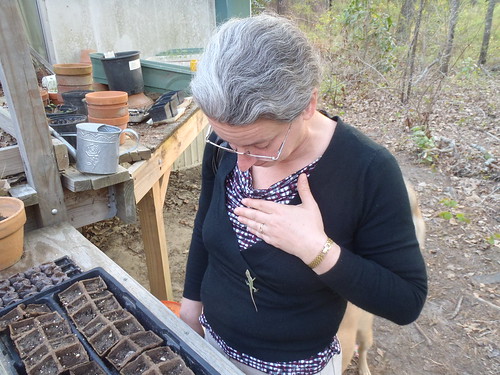Aleira Lara reported in Health Impact News Daily reported 5 March 2011 that Two Mexican states ban GM corn:
The timeline is a long saga including intimidation of scientists attempting to research the problem. The Mexican federal government caved in to big agro, but two Mexican states are fighting back anyway.The Mexican States of Tlaxcala and Michoacán each passed legislation banning the planting of genetically modified corn to protect natural plants from further contamination of transgenes. Together, both states produce about a third of all of Mexico’s corn. Below this story is a detailed timeline of genetic contamination and legislation in Mexico.
-jsq














